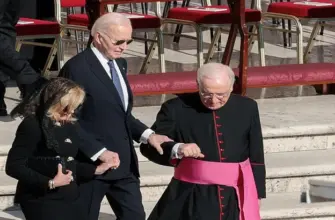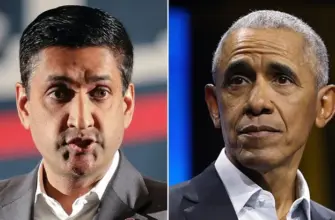Broadcaster Jeremy Clarkson has voiced a controversial opinion, suggesting that advocating for private management of the National Health Service (NHS) could potentially lead to legal repercussions.
His comments followed recent government decisions, notably the nationalization of British Steel after preventing its closure by Chinese firm Jingye. In his weekly column for *The Times*, Clarkson initially lauded the move as a “heartwarming and full of righteousness,” averting a scenario where the UK would be the sole G7 nation without domestic steel production.
He expressed satisfaction at seeing both Conservative and Labour parties forced to confront practical realities, particularly noting Secretary of State for Energy and Climate Change Ed Miliband’s shift away from strict Net Zero policies in support of British industry.
“We do need to be able to make steel here, because like farming, it’s vital for national security,” Clarkson stated.
However, Clarkson cautioned that the intervention in British Steel might encourage a broader trend towards state ownership, which he considers “an absurd notion.” He then boldly applied this same logic to the NHS, asserting, “The National Health Service would work better if it was privatised. Because everything does.”
Drawing on his recollections of the 1970s, Clarkson argued that nationalized industries are inherently flawed, a sentiment seemingly amplified by his apprehension regarding Business Secretary Jonathan Reynolds – whom he described as “extremely bearded” – and the potential influence of figures like Miliband.
“Sure, Thames Water is a disgrace and the service is diabolical,” Clarkson observed. “But can you imagine what things would be like if Angela Rayner was running it?”
He humorously envisioned Reynolds being pressured to pursue unrealistic production methods, suggesting, “Urging him to try and make metal using daffodils and tofu.”
To illustrate his point about governmental inefficiency, Clarkson referenced the Millennium Dome (now The O2), initially a project he deemed unsuccessful due to its “proto-woke” elements and flawed conception under Tony Blair and Peter Mandelson.
“At its inception…the faith zone and the celebration of ethnicity and that hollow woman.”
However, Clarkson highlighted its subsequent success after being privatized, playfully concluding, “Maybe because the frame was made out of privatised British steel.”
- Key Point: Clarkson believes nationalization is inherently inefficient.
- Current Focus: The recent government intervention in British Steel and its potential impact on future policy decisions.
- Core Argument: Privatization, even for essential services like healthcare, could lead to better outcomes.








